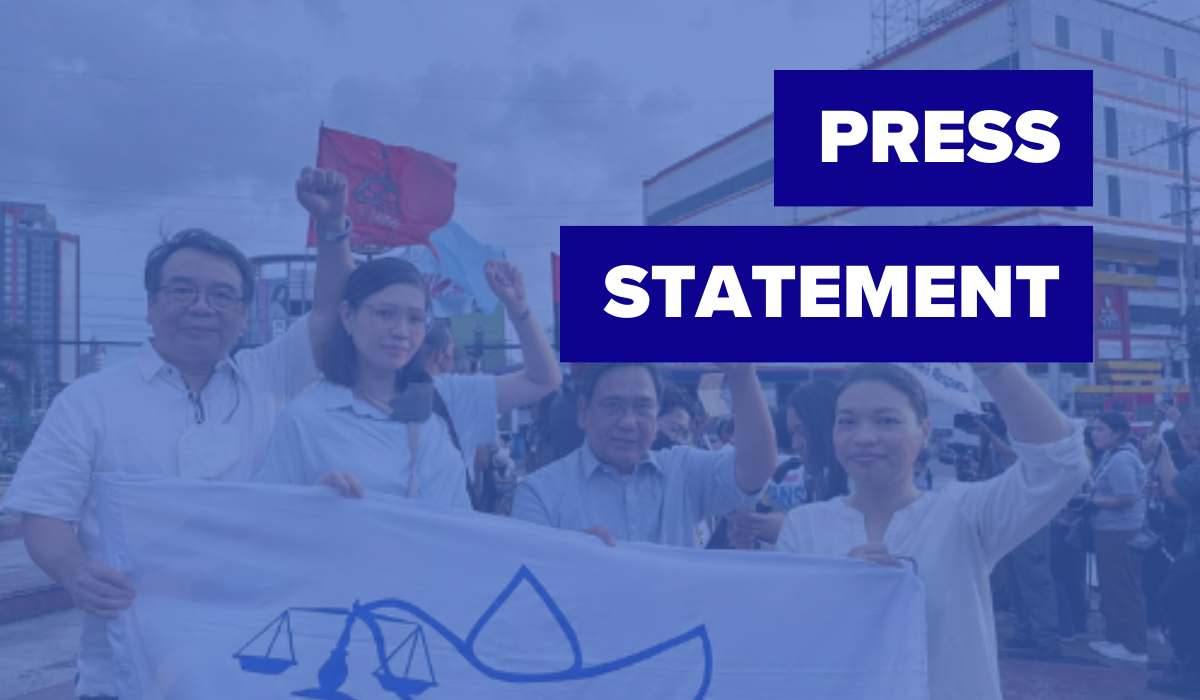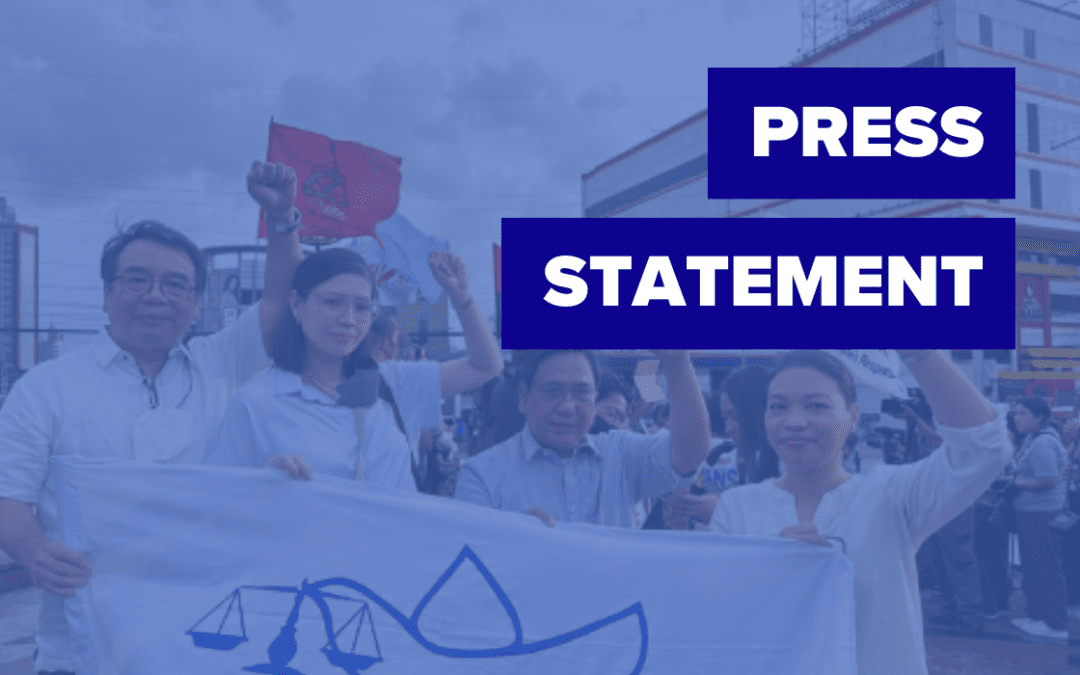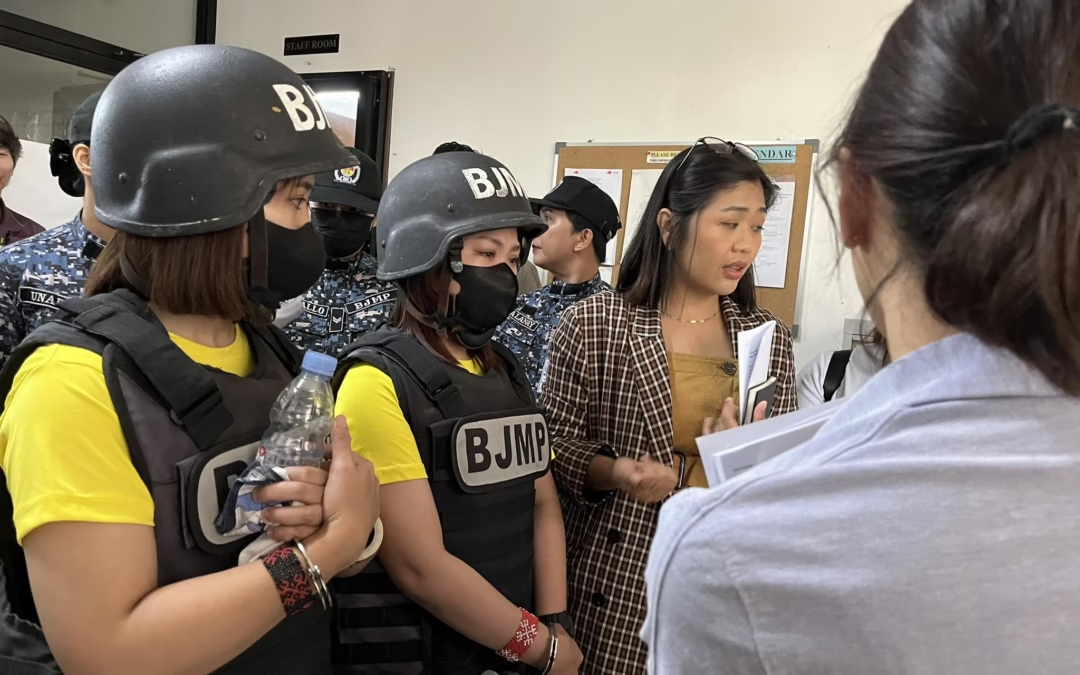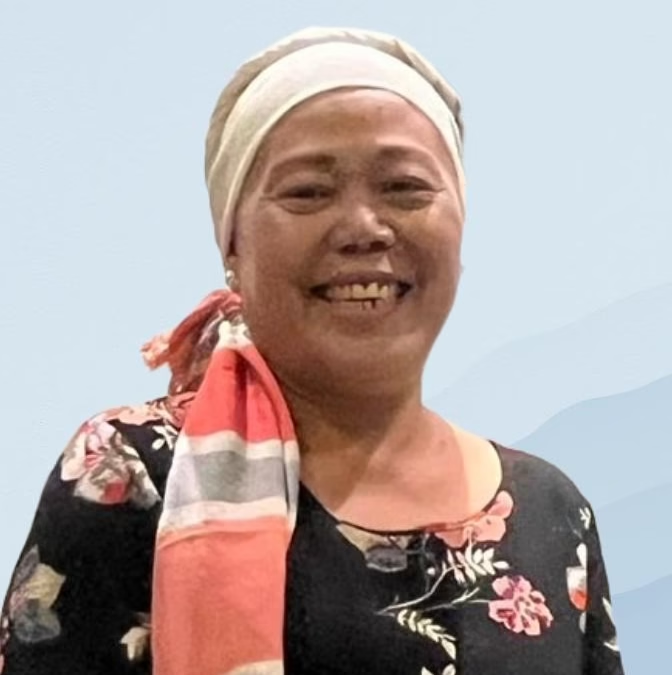August 15, 2025
The Philippine government’s much-publicized hosting of the Asia Pacific Regional Conference on International Humanitarian Law (IHL) is presented as proof of a supposed “enduring commitment” to the laws of war and the protection of civilians. In truth, it is designed to conceal the state’s own record as the leading perpetrator of IHL violations in the country.
Under the Marcos Jr. administration, the Armed Forces of the Philippines (AFP), through the National Task Force to End Local Communist Armed Conflict (NTF-ELCAC) and its National Action Plan on Unity, Peace, and Development (NAP-UPD), has carried out systematic attacks on rural and indigenous communities: aerial bombardments and artillery shelling of civilian areas, strafing and indiscriminate firing, forced evacuations, encampments in homes, schools, and barangay halls, extrajudicial killings of unarmed civilians and hors de combat, desecration and withholding of remains from families, and harassment of humanitarian missions.
These are not “isolated incidents” but deliberate operations under a counterinsurgency policy that erases the line between civilian and combatant. In the process, treaty obligations are emptied of meaning as entire communities are branded and targeted as “enemies.”
The government’s refusal to reaffirm the Comprehensive Agreement on Respect for Human Rights and International Humanitarian Law (CARHRIHL) further exposes the hollowness of its IHL rhetoric. The same government that invokes Geneva Conventions before diplomats dismisses the CARHRIHL at home, as if the IHL protections under both instruments were negotiable depending on the audience.
The killing of Juan Sumilhig, a Maranao farmer and former political prisoner, by soldiers of the 4th Infantry Battalion (IB) in Occidental Mindoro, and the military’s refusal to release his body to his family, demonstrates the state’s contempt for IHL. In Quezon province, bombardments and military occupations in Tagkawayan this August continue a years-long siege on farming communities in the Bondoc Peninsula.
Equally emblematic is the unresolved murder of Jay-el Maligday, a young indigenous rights advocate executed in cold blood by soldiers of the 4th IB. Despite eyewitness accounts and formal complaints against commanding officers, the perpetrators remain unpunished.
International humanitarian law binds the state above all, as it claims the monopoly of legitimate force and exercises the power to ratify treaties and enact enabling laws. When it weaponizes the nation’s resources against its own people, it does not merely violate IHL—it undermines the very legal order it professes to defend.
What is taking place in Makati’s air-conditioned conference halls is not a reaffirmation of IHL, but its appropriation to cover up its violations of the rules of war. Genuine adherence to IHL cannot be achieved by hollow speeches and summits, but the immediate cessation of attacks on protected persons, the dismantling of policies like NAP-UPD that institutionalize these abuses, and the prosecution of state forces and senior officials responsible for them. ###
Reference:
Atty. Josalee S. Deinla
NUPL Secretary General
+639174316396



